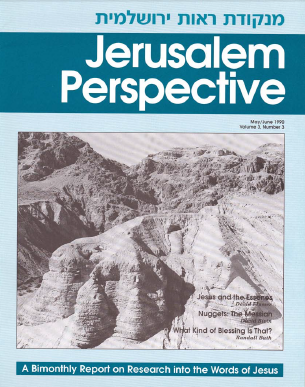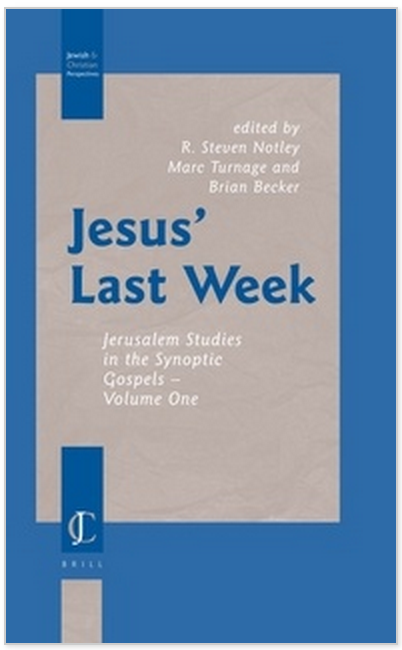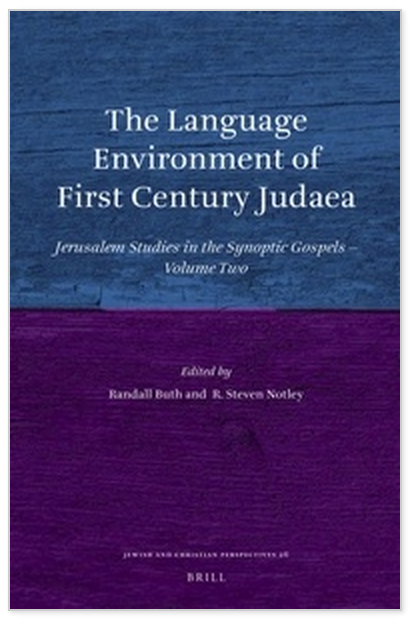Revised: 29 August 2019
No two scholars ever share identical views on every question, and this is certainly true among the scholars of the Jerusalem School of Synoptic Research.
Jerusalem Perspective, in reporting the work of the Jerusalem School, would not want to give the impression that scholars of the School are required to adhere to a party line. Although there is considerable agreement regarding foundational elements in their view of the Synoptic Gospels, the members of the School are still formulating and refining their collective approach.[*]
For example, David Flusser accepted Robert Lindsey’s solution to the synoptic problem—that Luke rather than Mark was written first—yet not all the School’s members are wholly convinced of this conclusion. However, it can safely be said that all members of the School understand the necessity of first translating the Greek texts of the Gospels into Hebrew, and then examining that Semitic equivalent in its first-century cultural and linguistic context.
Comparing the resulting Semitic back-translation with the epigraphical and literary remains from the Second Temple period is an essential feature of the Jerusalem School’s methodology.
All members of the School use this methodology because they have found that it works: it clarifies the meaning of Jesus’ words, often when the Greek text is unclear or reflects bad Greek.
Underlying the research of the Jerusalem School is the assumption that Jesus probably taught in Hebrew, or at least, that the original biography of Jesus was written in Hebrew.
[*] To read about the official methodology of the Jerusalem School of Synoptic Research, click here.






